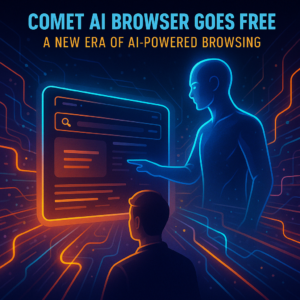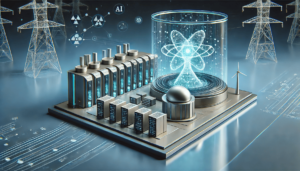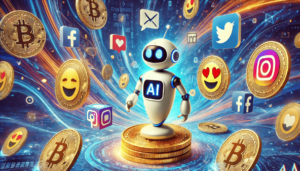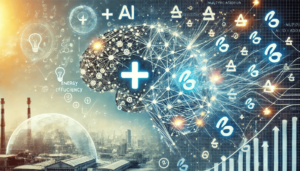The Future of Work: Elon Musk’s Vision of AI and Joblessness
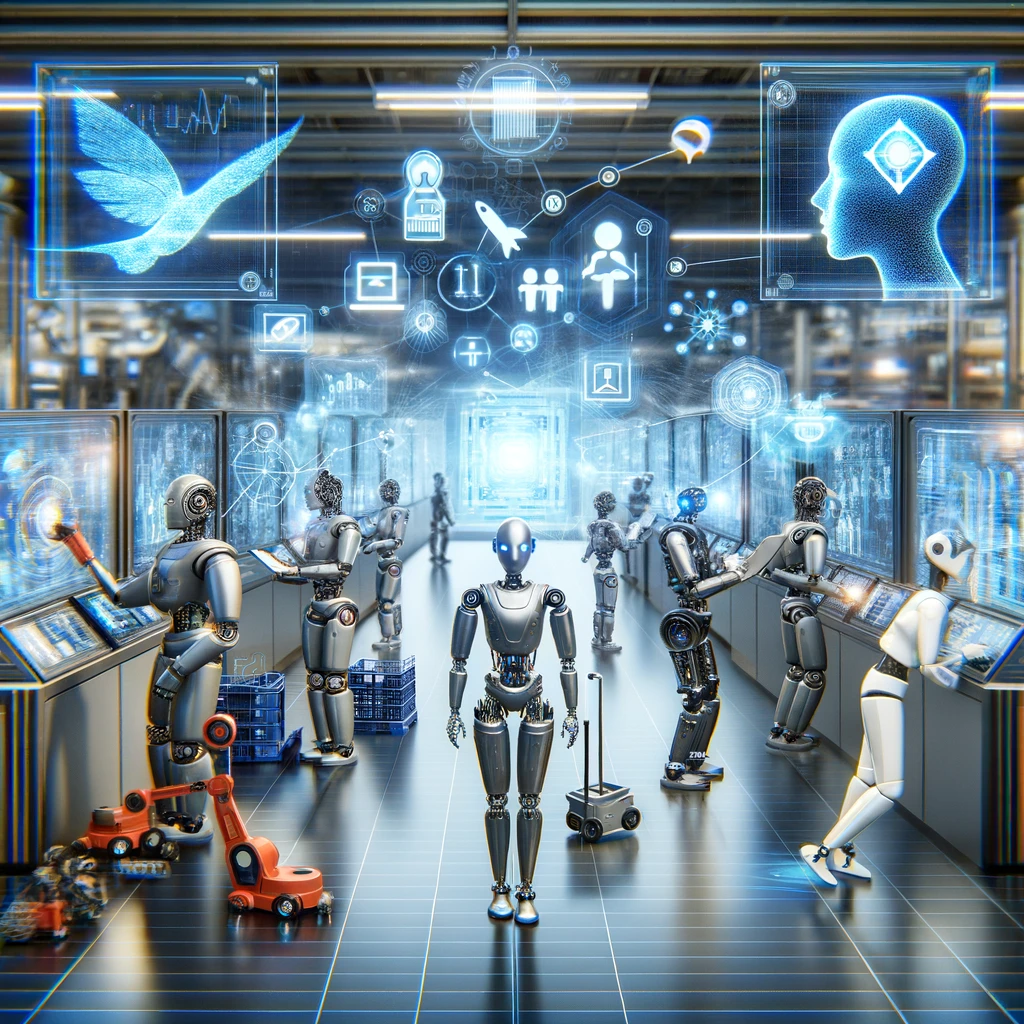
A digital depiction of a future where AI and robots seamlessly integrate into various job roles, showcasing the transformative impact on industries.
- What are the potential benefits and challenges of a future where AI takes over all human jobs?
- How might universal high income differ from universal basic income in a job-free future?
- What ethical and social considerations must be addressed to ensure a fair and equitable transition to an AI-dominated workforce?
Elon Musk, the renowned entrepreneur and CEO of companies like Tesla and SpaceX, has always been at the forefront of technological innovation and futuristic predictions. His recent statements at VivaTech 2024 in Paris have sparked significant discussions about the future of work and the role of artificial intelligence (AI). According to Musk, AI will eventually render human jobs obsolete, and this transition could bring about profound changes in society. This article delves into Musk’s vision, the implications of a job-free future, and the various perspectives on this transformative shift.
AI and the End of Traditional Jobs
Musk’s assertion that AI will take over all human jobs is both bold and controversial. Speaking remotely via webcam at the tech conference, Musk painted a picture of a future where jobs are optional. “Probably none of us will have a job,” he stated. In his vision, AI and robots would handle the production of goods and services, freeing humans from the necessity of traditional employment.
This scenario hinges on the establishment of what Musk calls “universal high income,” a concept distinct from universal basic income (UBI). While UBI involves the government providing a fixed amount of money to every citizen regardless of their earnings, universal high income, as Musk envisions it, would ensure that everyone has access to the wealth generated by AI-driven automation. However, Musk did not provide detailed specifics on how this system would operate.
A Society Without Scarcity
One of the most striking aspects of Musk’s prediction is the elimination of scarcity. He envisions a world where AI and robots produce an abundance of goods and services, effectively eliminating shortages. This could revolutionize how societies function, potentially eradicating poverty and inequality.
However, this utopian vision also raises several questions. How would wealth and resources be distributed in such a society? Who would control the AI systems and the means of production? Ensuring that the benefits of AI are equitably shared among all members of society would be a significant challenge.
The Slow Adoption of AI
Despite the rapid advancements in AI technology, its adoption in the workplace has been slower than anticipated. According to a study by MIT’s Computer Science and Artificial Intelligence Lab, workplaces are integrating AI at a much more gradual pace. The report highlighted that many jobs deemed vulnerable to AI automation was not yet economically viable for employers to replace with AI.
This slower adoption rate suggests that while the potential for AI to take over many jobs exists, the practical implementation may lag behind technological capabilities. This discrepancy between potential and reality provides a window of opportunity for policymakers, businesses, and workers to prepare for the impending changes.
Jobs That AI Might Not Replace
Experts generally agree that certain jobs requiring high emotional intelligence and human interaction are less likely to be replaced by AI. Professions such as mental health professionals, creatives, and teachers involve complex interpersonal dynamics that current AI technologies struggle to replicate.
Musk’s vision of a jobless future also raises the question of emotional fulfillment. In a world where AI handles all tasks, what will give people a sense of purpose and meaning? Musk himself pondered this, suggesting that humans might find new roles in giving AI its purpose and meaning. This philosophical aspect of AI’s integration into society will be crucial in ensuring that people continue to find value and satisfaction in their lives.
The Risks of AI
Musk has been vocal about his concerns regarding AI, often describing it as his biggest fear. During his keynote at VivaTech, he referenced the “Culture Book Series” by Ian Banks, which portrays a utopian society run by advanced AI. Musk considers this series the best depiction of a future where AI plays a central role in governance and daily life.
However, Musk’s concerns are not limited to the philosophical and ethical dimensions of AI. He has also highlighted the potential dangers, such as AI being used for malicious purposes, including cyber-attacks and the creation of biological weapons. The potential misuse of AI by bad actors is a significant risk that needs to be addressed through robust regulatory frameworks and international cooperation.
The Role of AI in Parenting
In addition to discussing the future of work, Musk used his platform to address the impact of AI on parenting and children’s development. He urged parents to limit their children’s exposure to social media, which he described as being driven by “dopamine-maximizing AI.” Social media platforms use AI algorithms to keep users engaged, often at the cost of their mental health and well-being. By limiting children’s exposure to these platforms, parents can help mitigate the negative effects of these AI-driven technologies.
Preparing for an AI-Driven Future
The prospect of a jobless future dominated by AI presents both opportunities and challenges. On the one hand, the elimination of scarcity and the potential for universal high income could lead to unprecedented levels of prosperity and equality. On the other hand, the transition to such a society requires careful planning and consideration of various ethical, social, and economic factors.
Governments and policymakers will play a crucial role in shaping this future. Developing regulatory frameworks that ensure the equitable distribution of AI-generated wealth and prevent the misuse of AI technologies will be essential. Additionally, educational systems will need to adapt to prepare future generations for a world where traditional jobs may no longer exist.
Businesses, too, have a responsibility to ensure that the benefits of AI are shared with their employees and the broader society. Companies that lead in AI development should invest in retraining programs and initiatives that help workers transition to new roles.
Elon Musk’s vision of a future where AI takes over all jobs is both provocative and thought-provoking. While the practical implementation of this vision is still in its early stages, the discussion it generates is crucial for preparing society for the changes that AI will inevitably bring. As we navigate this transition, it will be essential to balance the potential benefits of AI with the need to ensure that its integration into society is ethical, equitable, and sustainable.
By fostering a dialogue that includes policymakers, business leaders, researchers, and the public, we can work towards a future where AI enhances human life without diminishing the sense of purpose and meaning that work provides. The journey towards this future will require careful planning, innovation, and a commitment to addressing the ethical and social implications of AI technology.
For more detailed insights, read the original article on CNN here.

